This page contains some affiliate links. Please review my disclosure policy.
Have you ever heard of greenwashing? For a long time I hadn’t either. It certainly is not a new concept, but as our society gets more conscious about “green” and “clean” products (which is a great thing!), we are also seeing more and more companies out there engaging in greenwashing. So I thought it would be helpful to break down what greenwashing is, why you need to know about it, and highlight some brands that are greenwashing so you can be more aware.
So What is Greenwashing?
First things first, what the greenwashing definition? It’s essentially implying that a company is more eco friendly or more environmentally responsible than they actually are. This largely comes through in their branding and marketing campaigns.
Examples of greenwashing brands and marketing:
- Using greenery, flowers, plants in their branding
- Using vague phrases like “all natural” or “natural” in their branding – there is no certification or requirements for either of these terms, anyone can use them
- Contradictory marketing campaigns or promotional qualities that contradict themselves i.e. a conventional laundry detergent promoting that it’s bottles are all recyclable, oil companies promoting their green technology etc…
- Promoting a quality that is inherent in a product or would be illegal otherwise
Is Greenwashing all Bad?
Yes and no. Promoting false or misleading information about how eco friendly or healthy a company is, is wrong and it’s something we as consumers need to be aware of since this education really falls on us. That being said, sometimes greenwashing, though misleading can also be a step in the right direction. As consumers become more eco-conscious and health-conscious so do brands wanting to please them. This means that brands will sometimes adopt new policies that are an improvement, even if the ethos of the brand isn’t truly “green”. A great example of this would be something like Secret’s new Aluminum-Free Deodorant. Is this deodorant good for you? Not really…BUT it’s an improvement as aluminum is known to be an endocrine disruptor and one of the biggest culprits in conventional deodorant.
But the truth is that many brands are slapping “natural” and some greenery on their products and hoping for the best.
What Companies are Using It?
Unfortunately, there are so many companies that make green claims. I see it with all types of companies – clothing companies, beauty brands, energy companies, etc. Have a question about a specific brand? Feel free to leave a comment and I can look into it for you! I wanted to note a few especially in the clean beauty space as this is where I see it happening most frequently:
Beauty Brands that Greenwash:
- Bare Minerals
- Tarte
- Lush
- Kiehls
- Fresh
- The Ordinary (not all products – some are good others aren’t!)
In the food space, look out for terms like “natural” or “all-natural”. Neither means a whole lot. If you’re looking for a food product that’s better for the environment, always reach for organic. You can learn more about why organic food matters here. Beyond this, companies that have B Corp certification is also a good measure that the company is engaging in sustainable practices (though also not perfect!).
How to Avoid Greenwashing
If you feel like you’re going to have to become a super sleuth to avoid greenwashing, you’re not alone. It can feel really overwhelming to know which companies are and are not greenwashing. Here are a few ways I like to double check companies and their messaging:
- Look for intentional messaging. Companies that use vague claims like “natural” or “eco friendly” without information on how or why they are making those claims are companies to steer clear from.
- Dig deeper than the label. Just because there are flowers on the label or they use a lot of green, doesn’t mean the product is better than a traditional conventional product.
- For clean beauty products, check out the EWG and see how the product and brand you are using holds up to their safety scale
- Check out the brand as a whole. If a certain product is claiming to be made from recycled materials but the actual product is made from ingredients that can harm the environment, you have a tough call to make!
- When in doubt – ASK! I recently had a CBD company reach out and when pressed about whether they source their hemp organically their response was “X hemp is grown directly on the companies farms in Colorado, not sourced from outside vendors or locations. The crop they grow is the crop they use.” <–this is a vague response. It doesn’t tell me much about how the plant was grown. Brands should be able to give you direct responses. If they can’t, steer clear!
In full transparency, I am not perfect. I have fallen for marketing terms and supported companies I thought were “greener” than they really were. In the end it just made me a more conscious consumer. I hope that this post can be helpful to you as you make choices for you and your families about what brands and products you want to support, but as a reminder you don’t need to be perfect. Just do your best!
Like this post? Here are a few others you might enjoy:
5 Reasons to Choose Organic
What The Heck is Glyphosate + Why You Should Care
5 Ways to Save Money on Wellness
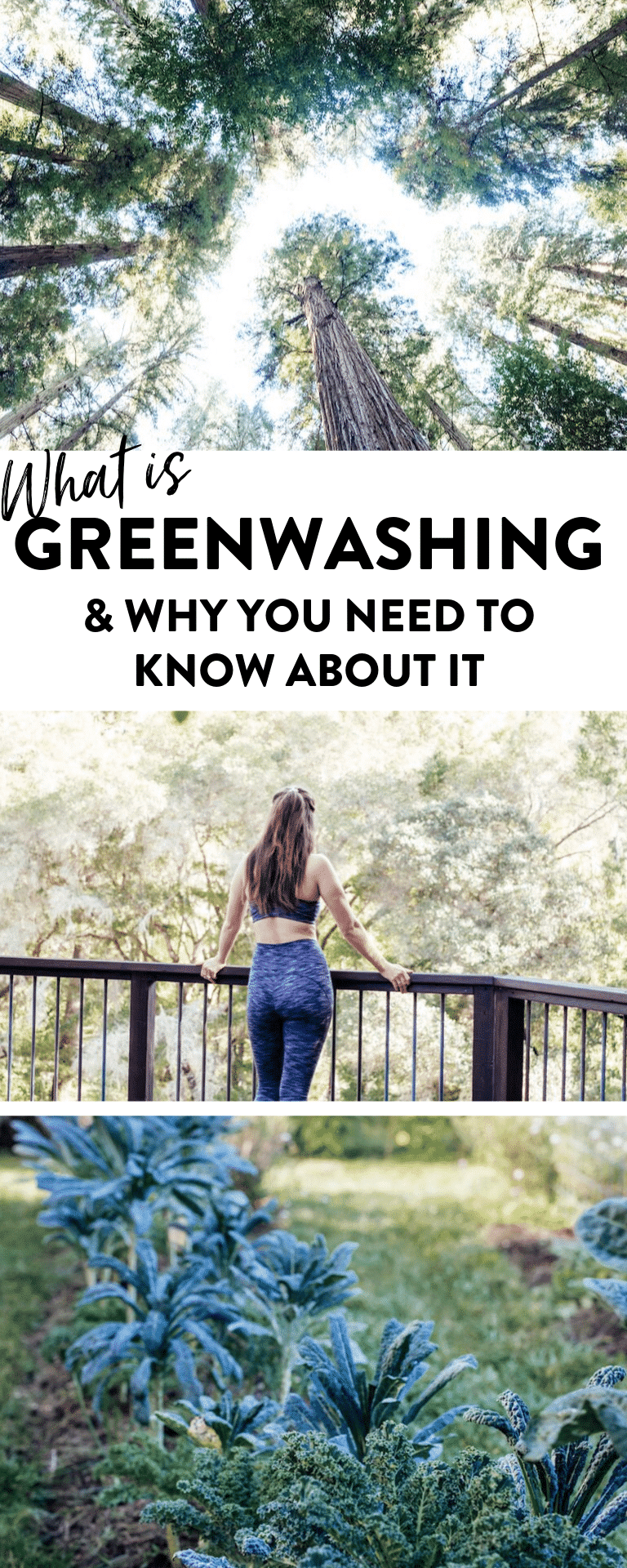
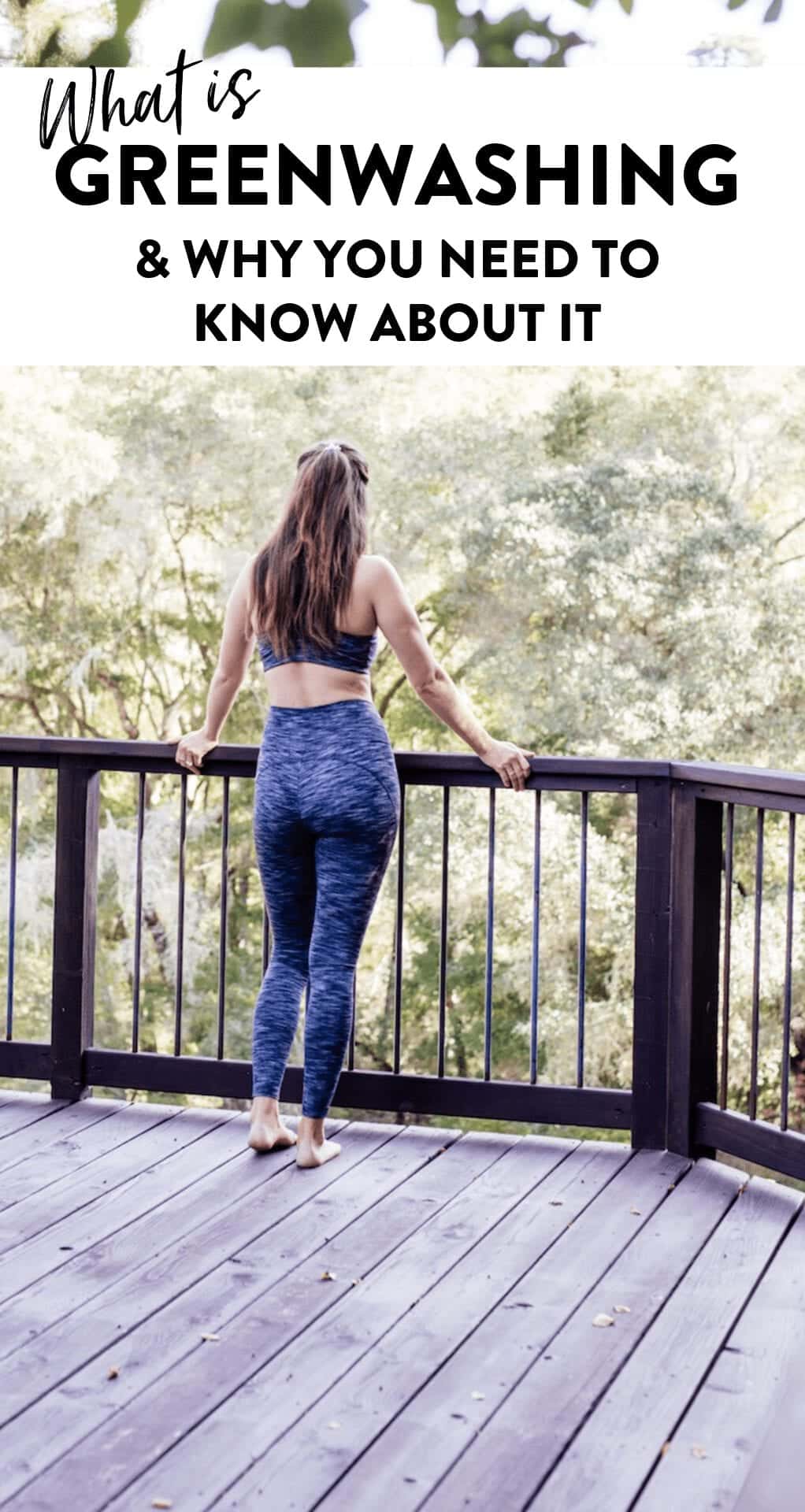

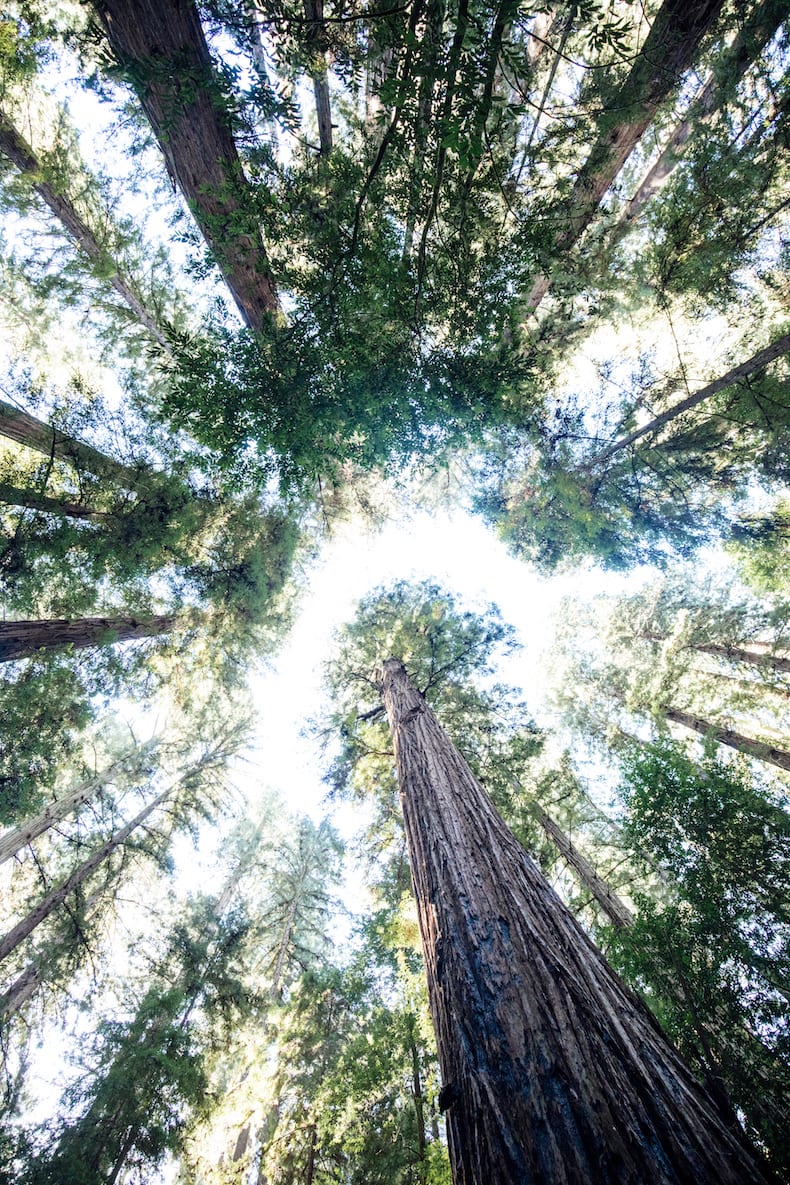
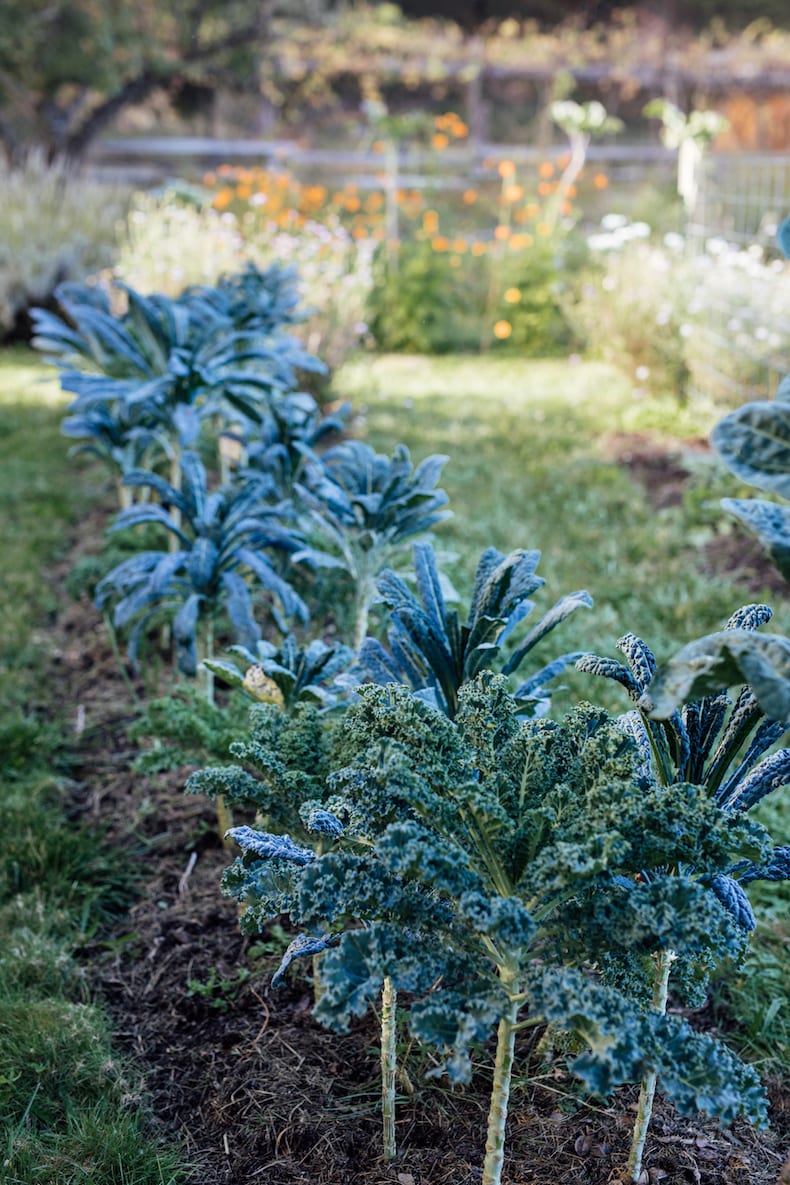

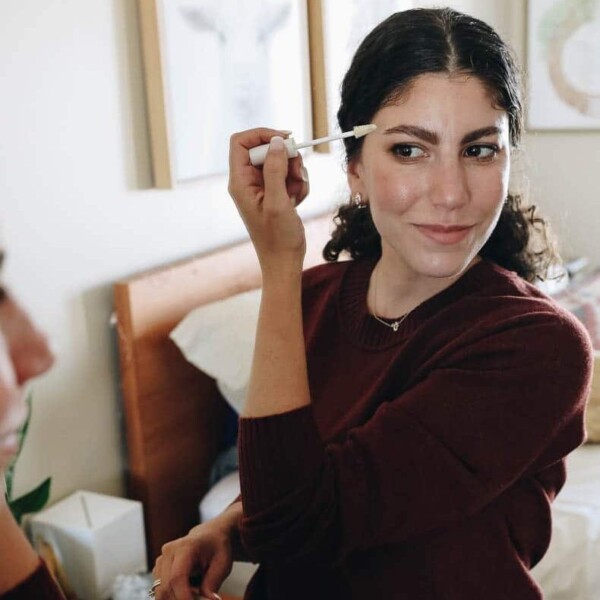


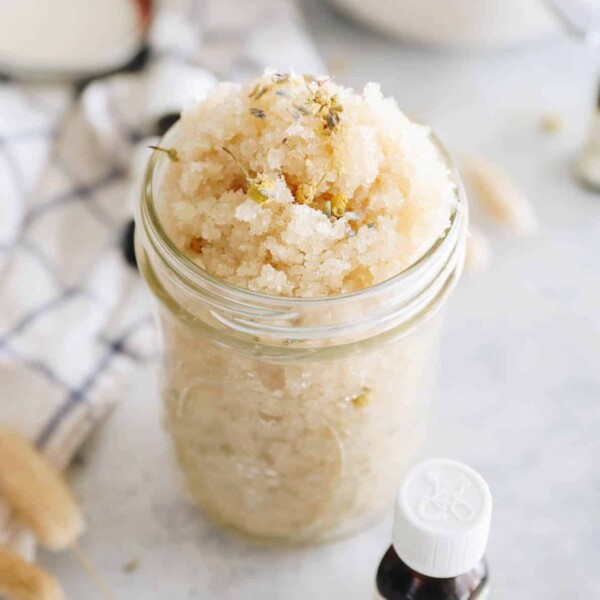


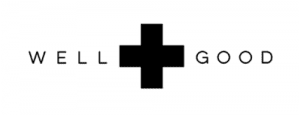


This is super helpful, Davida! I recently heard this term but in a different context. Apparently, greenwashing is also a huge issue in institutions trying to appear more “green” than they are. For instance, hotels telling you to save water etc., when really they are just saving money but are wasting plenty of water and other resources in other ways.
Definitely important to question these things and stay informed!
Yes! This is so true. It’s becoming harder and harder to be conscious consumers but it’s so important!
Great post! We all need to be more aware and support those companies who are honest and responsible.